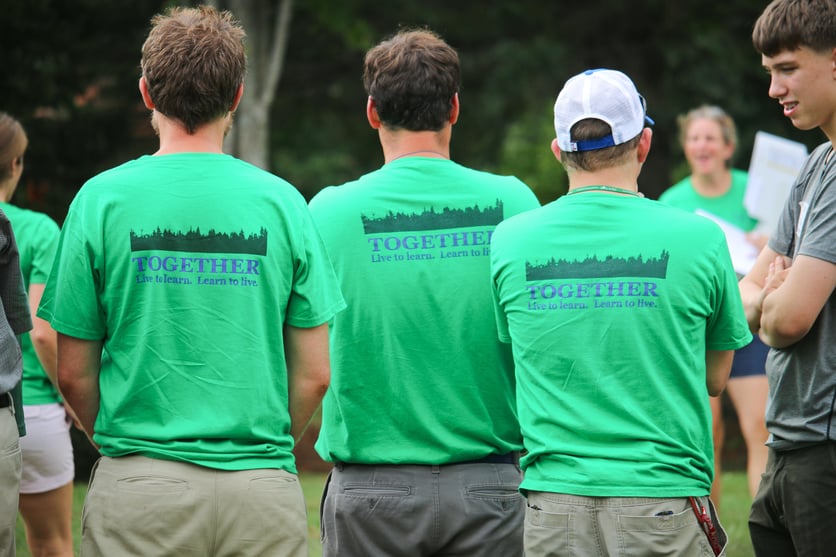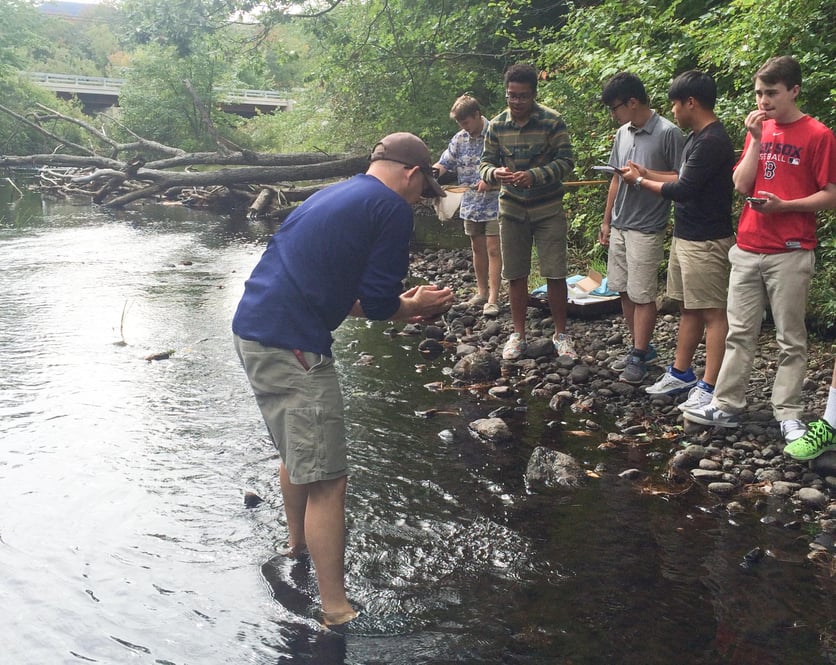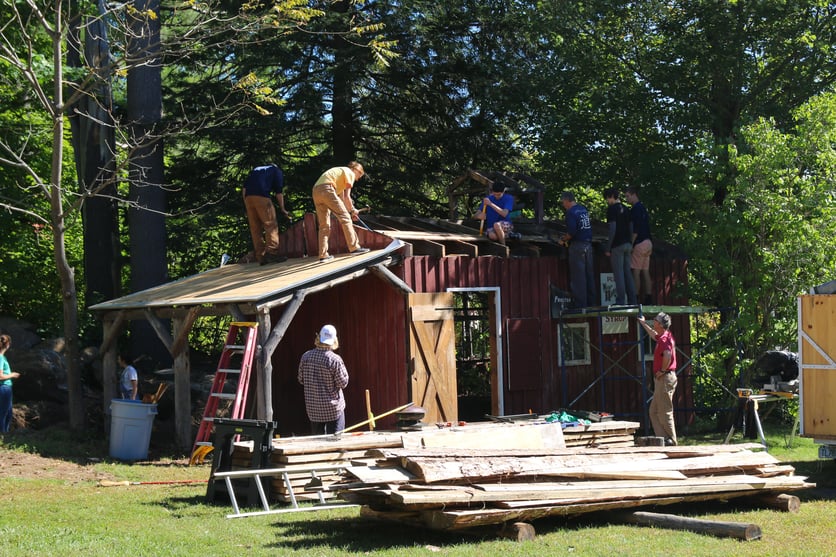In a recent note to teachers, Dean of Faculty Karl Methven referenced Douglas Heath’s 1994 book Schools of Hope, in which Proctor’s approach to education is heralded as a model for others to follow. Each year, Proctor’s faculty recommits to our philosophical roots, with a renewed understanding of Proctor’s approach to education, and a deeper appreciation of why the Proctor Experience has been, and continues to be, the most effective way to educate teenagers.

While much has changed over the past twenty years, Proctor’s unique role in the educational landscape remains as important today as it was when Heath referenced Proctor in his book. Despite the efforts of educational reformers like Heath, not much has changed in the traditional classroom over the past twenty years. Too many teachers continue to assume responsibility for students’ learning, as Heath wrote, “Using mind-crippling textbooks, assigning pages to read, talking 85% of the time, working hard to entertain their students, reviewing the textbook, directing students moment by moment, giving daily or weekly quizzes, providing science lab books to follow, and racing through lesson plans to complete the syllabus by the end of the semester.”

In 1994, Heath noted the key to Proctor’s success was that it, “Values the maturation of character and self as highly as the maturation of the mind.” He elaborated, “Proctor’s close, family-like faculty-student relationships and its activity-based experiential activities offered its students ways to discover strengths not usually educed in traditional didactic classrooms.”
More than twenty years later, our educational philosophy remains unchanged. Of course, we have further refined our approaches, have integrated the most recent brain research into our classrooms, and have more scientific evidence to support the efficacy of our model, but the approach itself continues to rely on hands-on learning opportunities and family-like relationships within a supportive community.

It is an educational model that teaches students self-reliance and self-advocacy, two skills that we know serve our graduates well throughout their lives. As start of the year conversations kicked off this week, Head of School Mike Henriques observed, “At Proctor we are not asking kids to follow a certain path, we are asking them to find themselves.” The process of finding yourself is far more challenging than following a prescribed path, but the long-run rewards are a priceless gift each Proctor student is given, including those 370 students starting their Proctor experience this fall.








